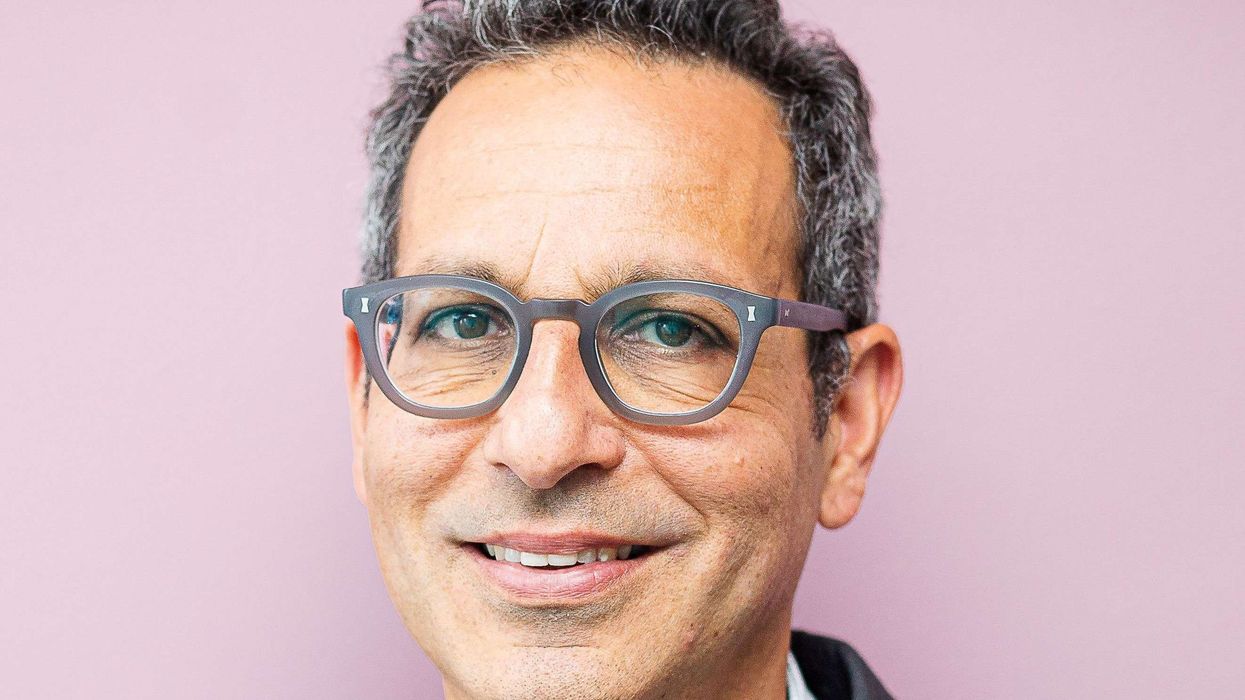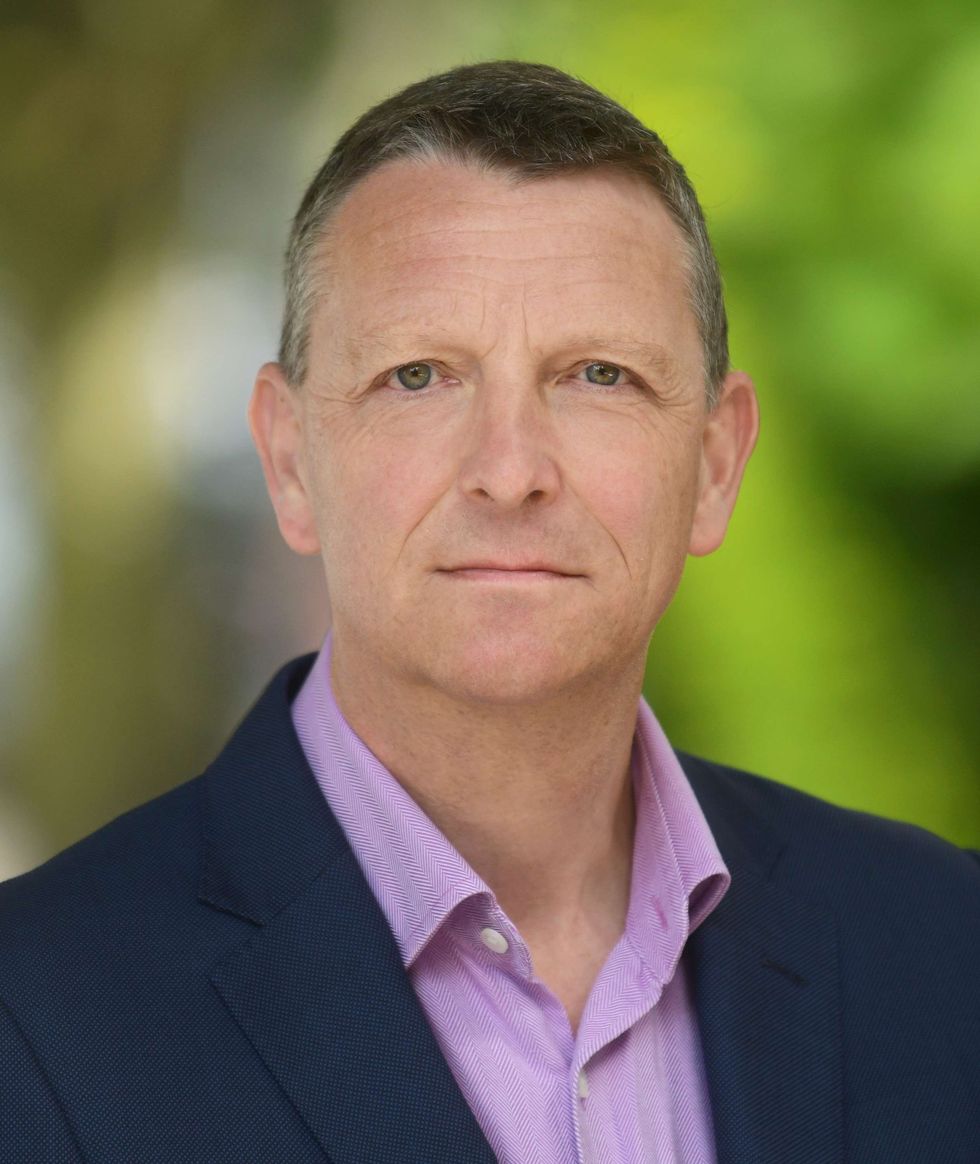India's union minister Hardeep Singh Puri said some expression of regret by Britain would help bring closure over the Jallianwala Bagh massacre, with centenary of the massacre falling this week.
The event was a turning point in the country's freedom movement, Puri said when asked to comment on the ongoing debate that Britain should offer an apology for the incident that took place on April 13, 1919.
The minister of state for housing and urban affairs also said his maternal grandfather was present at the scene and was injured.
"Some person with a machine gun and people with machine guns trained their guns on innocent people who had gathered there. It showed up the real character of British colonialism and the colonial rule," Puri told PTI.
"I think some expression of regret; I don't know what form it takes, it's not my job. But as a proud Sikh and as a very proud Indian for anyone who has read about this tragedy, I think some expression of regret will help in getting closure on this," he said.
"Obviously, (apology) by the perpetrators. The ones who suffered are the victims, our citizens. So, I think some form of expression would be in order. But I am saying this in my personal capacity. Government of India's stand is to be articulated by the ministry of external affairs or anyone else," Puri said.
Historical records note that General Dyer had fired on a Baisakhi gathering without warning and continued to fire for 10 minutes even as the people were trying to escape. He blocked the main exit with his soldiers and armoured vehicles.
The UK government said on February 20 that it was "reflecting" on demands for a formal apology for the Jallianwala Bagh massacre during the British Raj.





 Mark Easton
Mark Easton And , Sue Baker OBE
And , Sue Baker OBE






